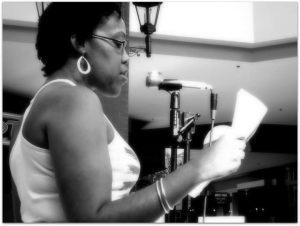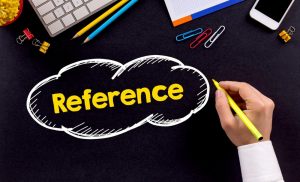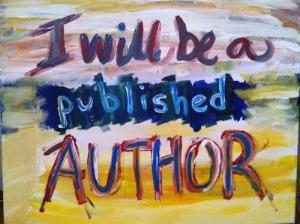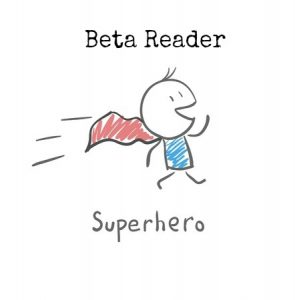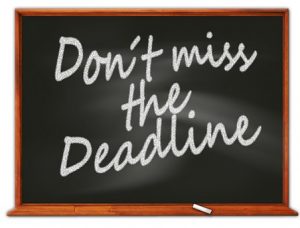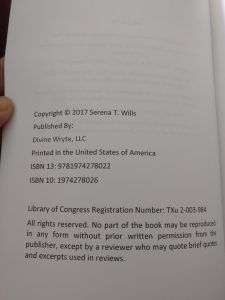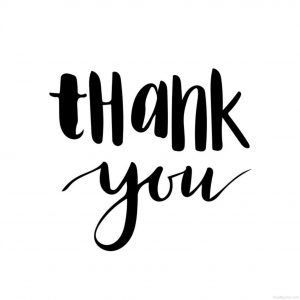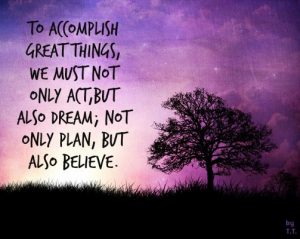
(Image doesn’t belong to me)
Hello everyone I hope all is well. I wanted to use this blog post to talk a little bit about creating your book cover design. You have written a tremendous manuscript and it’s now in the editing process. Now it’s time to think about and start working on your book cover design.
I’ve been blessed and fortunate to have some dynamic artists in my life. Both of my books have my friend David Rodriguez’s paintings on them. You can check him out at www.drgorilla.com

I remember seeing his works of art years before I even published my first book. I knew when pulling together both Reconstruction and Crying Tears of Teal that I wanted to work with him and he graciously agreed.
Some books you see on the market may use a drawing, an original photograph, paintings or even stock photos for purchase. It’s really up to you which way you want to go with your book cover design (front and back). No matter what you do, you want to make sure that you have an agreement to use the image for the book cover. Even through the stock photos that are sold online you want to purchase them because they are technically copywritten. Also sometimes when using a stock photo you can purchase the use of it but they can also sell it to other people.
I’m working on my next book as I write this blog (Awakening, Pieces of Life Volume 2) and my friend Riki Johnson-Atkins art work will be debuted as the cover. Now for my fourth book (coming out in May 2020) I really don’t know which route to take for the front. That is the beauty of this part of the process. Be creative and open. See what speaks to you and relates to your book.
Your back cover you want to say a little bit about the book, maybe even have a review on it and your author photo. As you can see on the back of one of my books as an example you will also have your ISBN on here and barcode (so people can find your book and it can be purchased easily). As for your author photo you want to make sure that the picture is crystal clear. Selfies are nice but they don’t always have to be on the back of your book cover. I once again had a friend of mine who is a photographer (Dee Hill) who took a great picture of me while I was at an open-mic and I asked her permission and we came up with an agreement if I can use it as my author photo. I also have other professional photos as well and again have an agreement with those photographers when the time comes. If you are taking a picture of yourself through your phone because some phones are really great that way; then you want to make sure that it’s clear and that the pixels meet the requirements so when you are printing your book it is a clear image and it doesn’t look pixelated.

What do I mean by pixelated for those who don’t know? A picture that is very blurry and the bigger they make the photo you’re losing more of the depth of the picture.
I also listed on the back of my book cover the credits for the author photo, graphic design and even the editor. Some people also list them inside the book.
Also don’t forget the spine of the book. Just the title and your name. You want to make sure you have that information on the spine. Some bookstores or even online retailers won’t sell your book without information on the spine (side of the book). Very important to not miss this step. It also makes it easier when your book is on a bookshelf that they can see the book title and author from the spine of the book. It’s not a mystery.
How does it all come together? I use a graphic designer. Some people have chosen to do it themselves through a multitude of softwares. I know Adobe has one and some folks like using Microsoft Publisher or even their Mac Books which has an array of software to create. If you’re not technically savvy or you don’t have patience and time then hire or use someone you trust. There are great websites like (Fivver) where you can hire someone quickly to do your book cover. Always read the reviews and don’t be afraid to ask for references. You want to see their work. You’re going to be self-published so lets look and be polished! In a workshop I attended a published author said, “Invest in your book, you want quality inside and out and so does your reader.”

(Image doesn’t belong to me).
Whether you’re using a friend or a business; you want to sign an agreement and make sure you read every word of the agreement. You want to make sure you see the first draft of your book cover and make sure you voice your opinion. If you like it great; if you think it needs to be edited or tweaked then let them know. Work together.

(Image doesn’t belong to me)
When you are creating your book cover design you want to know the size of your book to tell the designer because the next post we will talk about typesetting and that is the internal layout of your book. The measurements of the insides of your book have to match up with the exterior which is the book cover. For example one of my books is 6in by 9in and luckily the same person who was working on my book cover was also working on the typesettin.g We had to come to that agreement before she even started the work. This is also the time to figure out if you want your book to be paperback, hardcover or both. As I tell all authors of today’s world you want to make sure that every single book that you have out is also in an e-version that’s available. If it’s a hard cover then you’re going to be working on the sleeve that wraps around your book and your graphic designer to work with you on that process.
I will never forget when I was working with another company on my first two books and they sent me my book cover by email and I felt as if it was a belated Christmas present. It was spot-on and it was everything I was looking for.
You want to feel excited when you see your book cover come to life. You also want your readers to feel that same way when they see your book cover! They can’t wait to see what’s on the inside! It’s okay to show your book cover to a few folks that you trust and know that will give you honest opinions to get there reaction. It’s going to be great and I can’t wait to see when your book comes together.

Stay tuned for my next blog post as I talk about typesetting (which is the internal layout of your book).
Also stay tuned in early fall I will debut my book cover design for, “Awakening, Pieces of Life Vol 2” from my graphic designer Watersprings Media House which is also doing the type setting for my next book.
Be well and if you have any questions or comments feel free to reach out. Thanks for stopping by!
